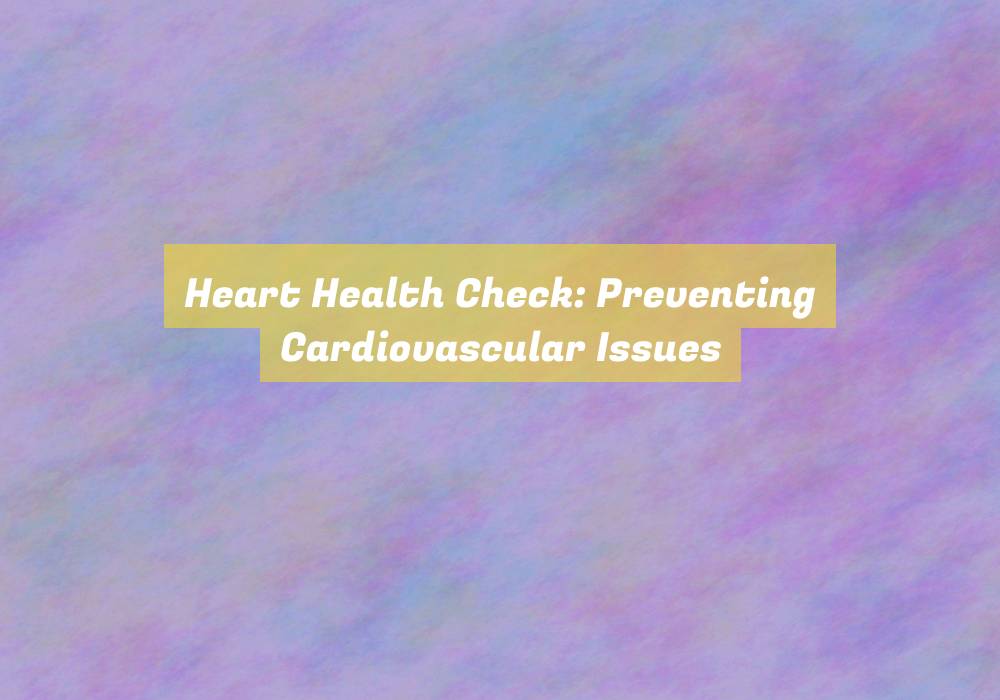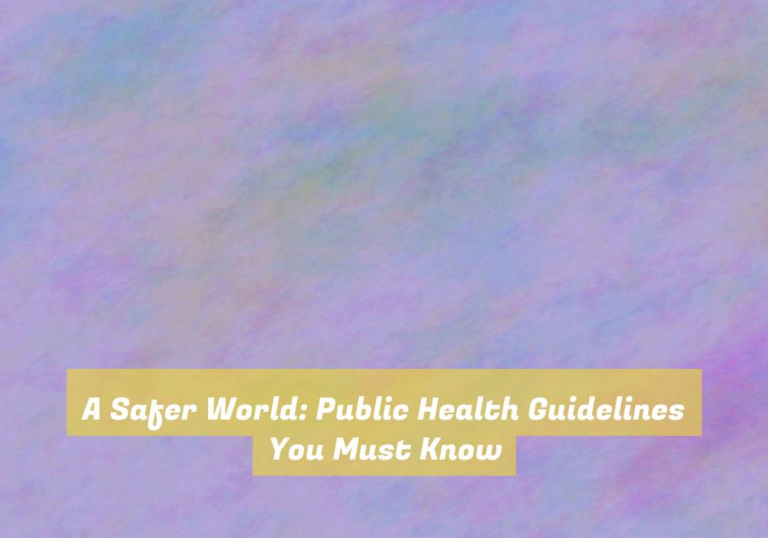Heart Health Check: Preventing Cardiovascular Issues
Are you taking proactive steps to safeguard your heart health?
With cardiovascular issues being a leading cause of mortality worldwide, itG??s crucial to consider the significance of regular heart health check-ups.
But what exactly are the risk factors for cardiovascular issues, and how can you mitigate them?
As you navigate through the complexities of heart health, itG??s essential to understand the preventive measures and lifestyle changes that can significantly impact your cardiovascular well-being.
The path to a healthy heart involves more than just medications; it requires a holistic approach that encompasses various aspects of your life.
So, what are the proactive steps you can take to prevent heart problems and ensure a healthier future?
Importance of Heart Health Check-ups
Regular heart health check-ups are essential for maintaining a healthy cardiovascular system and preventing potential issues. By scheduling regular check-ups with your healthcare provider, you can stay informed about the state of your heart health and catch any potential problems early on. These check-ups typically involve measurements of your blood pressure, cholesterol levels, and heart rate, as well as discussions about your lifestyle, family history, and any concerning symptoms you may have experienced.
During these appointments, your healthcare provider can offer valuable advice on maintaining a heart-healthy lifestyle, such as recommending dietary changes, exercise routines, or stress management techniques. Additionally, they can assess your risk factors for cardiovascular diseases and provide personalized recommendations to help you mitigate those risks.
Risk Factors for Cardiovascular Issues
Understanding the risk factors for cardiovascular issues is crucial for maintaining a proactive approach to your heart health and making informed decisions about your well-being. Some risk factors, such as age, gender, and family history, are beyond your control.
However, there are several lifestyle-related risk factors that you can actively manage to reduce your chances of developing cardiovascular problems. These include high blood pressure, high cholesterol levels, smoking, obesity, physical inactivity, and an unhealthy diet.
High blood pressure, or hypertension, puts extra strain on your heart and blood vessels, increasing the risk of heart disease and stroke. Similarly, high levels of cholesterol can lead to the buildup of plaque in your arteries, narrowing them and restricting blood flow. Smoking damages the blood vessels, making them more prone to narrowing and blockages. Obesity, physical inactivity, and poor dietary habits contribute to conditions like diabetes and metabolic syndrome, which further elevate the risk of heart issues.
Lifestyle Changes for a Healthy Heart
Making lifestyle changes is essential for maintaining a healthy heart and reducing the risk of cardiovascular issues.
One of the most impactful changes you can make is adopting a heart-healthy diet. Focus on consuming plenty of fruits, vegetables, whole grains, lean proteins, and healthy fats. Limit your intake of saturated fats, trans fats, cholesterol, and sodium.
Additionally, aim to engage in regular physical activity. Incorporating at least 150 minutes of moderate-intensity aerobic exercise or 75 minutes of vigorous-intensity aerobic exercise into your weekly routine can significantly benefit your heart health.
ItG??s also important to manage stress effectively. Practice relaxation techniques such as deep breathing, meditation, or yoga to help lower stress levels.
Another crucial aspect of maintaining a healthy heart is avoiding tobacco and limiting alcohol consumption. If you smoke, seek support to quit, and if you drink alcohol, do so in moderation.
Lastly, ensure youG??re getting enough quality sleep each night, as insufficient sleep can contribute to heart health issues.
Proactive Steps to Prevent Heart Problems
To prevent heart problems proactively, consider incorporating small daily habits that promote heart health and well-being.
Start by making healthier food choices. Include more fruits, vegetables, whole grains, and lean proteins in your diet. Limit your intake of processed foods, saturated fats, and added sugars.
Engage in regular physical activity, aiming for at least 30 minutes of moderate exercise most days of the week. This could include brisk walking, cycling, swimming, or dancing.
Manage your stress levels through relaxation techniques such as deep breathing, meditation, or yoga.
Aim for 7-9 hours of quality sleep each night to support your heart health.
Avoid smoking and limit alcohol consumption.
Schedule regular check-ups with your healthcare provider to monitor your blood pressure, cholesterol levels, and overall heart health.
Conclusion
So, make sure to schedule regular heart health check-ups, especially if you have risk factors like high blood pressure or diabetes.
Remember to prioritize a healthy lifestyle by eating well, staying active, and managing stress.
By taking proactive steps now, you can prevent potential heart problems in the future.
Stay mindful of your heart health and take care of yourself.
Your heart will thank you for it!





